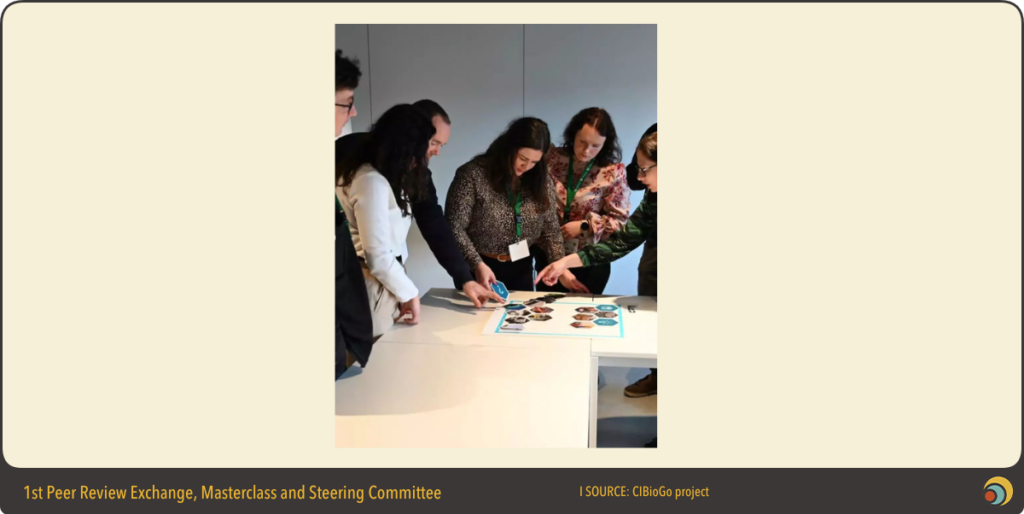This month, we wanted to highlight another Interreg Europe we are part of, this time led by the Province of Potenza in Italy: CiBioGo, or Citizen Participation in Biodiversity Governance.

Biodiversity governance, such as safeguarding protected natural areas or strengthening ecosystems and biodiversity, is key for reaching the EU’s “30×30” target as set out in its Biodiversity Strategy for 2030. However, biodiversity governance also brings conflicts as it violates some political and economic interests, as exemplified by the controversy surrounding the Nature Restoration Law. To quote BURST project manager Nóra Kébel, “Even if its public awareness is increasing, the measures taken in the direction of environmentally-friendly territorial development are often met with opposition and goes against economic interests.” To counter and mitigate these, CiBioGo explores citizen participation in the area of biodiversity governance.
In the project, we are responsible for the interregional learning process. As in all Interreg Europe projects, project partner regions in CiBioGo come together to exchange their good practices in order to improve their local policies. Second, we are responsible for European dissemination as members of NetworkNature.
As Nóra explains, “BURST prepared the joint methodology for the comprehensive analysis of PPs biodiversity contexts, including a need assessment of stakeholders. Based on the results BURST developed a thematic matrix of the relevant tools and methods of participatory governance, and created a benchmark of good practices existing beyond the partnership. BURST jointly with the partnership created the framework for the interregional learning process and prepared the general script for peer reviews.” We have also taken part in two peer review visits, one in Namur in Wallonia, Belgium, and one in Miercurea Ciuc in Harghita County, Romania. The topics were the use of biological data in the management and communication of biodiversity issues and innovative financing schemes usable for biodiversity.
This work is challenging. “Stakeholder involvement is something all partners practice to certain extent, what is challenging is to create real co-creation processes with them instead of information on decisions taken – the process of real co-creation requires a lot of efforts which slows down the process, but on the long-term it pays off with more sustainable policies”, as Nóra explains. Creating effective and meaningful co-creation processes that involve citizens pose a further challenge that is further limited by financial constraints. To quote Nóra Kébel once more, “As we touch upon different participatory tools, it seems that the incorporation of innovative financing tools in partners’ actions is challenging – we’ll see what challenges come up in the rest of the project.”
But if we were to take the challenges of the climate emergency seriously, such obstacles must be overcome. CiBioGo takes a step towards that.
Click on the link to check out our Biodiversity Governance compass: https://issuu.com/elephatintheroom/docs/cibiogo-bioidiversity_governance_compass_-_2024.04
